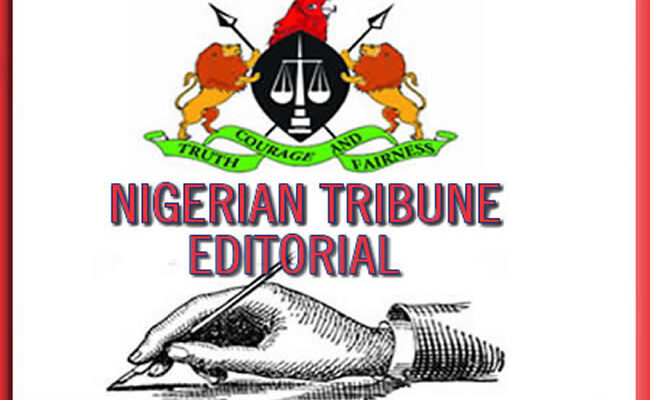
THIRTEEN states of the country have scheduled elections into their local governments. Their decision came almost immediately the Supreme Court delivered its judgment on the tango between the Federal Government and the 36 states on the status of the 774 Local Governments in the country. The judgment prohibited federal allocations from being paid into councils administered by caretaker committees. In its judgment, the seven-man panel of the Supreme Court led by Justice Emmanuel Agim held that the 774 local government councils in Nigeria should not only be self-accounting but must also solely manage their funds. In the judgment delivered against the 36 state governments in suit SC/CV/343/2024, filed by the Attorney-General of the Federation and Minister of Justice, Lateef Fagbemi (SAN), the apex court declared that unlike what had hitherto been said about the 1999 Constitution as amended, the Nigerian government is made up of three tiers, namely the federal, state and local governments.
It said: “A democratically elected local government is sacrosanct and non-negotiable. The states by the abuse of their power have worked against this law…Such an act is unlawful, unconstitutional, null and void.’’ The apex court then went ahead to bar state governors from “receiving, retaining or spending the local government funds.” The court further held that the practice of receiving and retaining local government funds by the states had gone on for far too long and must be curbed. It described such act as a clear violation of Section 162 of the 1999 Constitution as amended. In the light of this, there seems to be a scramble by states of the federation to conduct local government elections in their domains. Apparently, the scramble is in the bid to put them in the good books of the judgment and to evade any possible punishment in the wake of the July 11 judgment of the Supreme Court. Kwara and Bauchi states had earlier fixed dates for the conduct of their council elections, but states like Kogi and Kaduna joined the fray. The two states affirmed dates for the conduct of council polls.

In Bauchi State, the State Independent Electoral Commission fixed August 16 for the council polls while Kwara announced September 21. Kogi and Kaduna states scheduled theirs for October 19. Following the Supreme Court judgment, there was a report that the 774 local governments would receive the sum of N337 billion out of the N1.3 trillion allocation for the month of June. If the judgment was implemented to the letter, it meant that about 65 percent of the local governments stood the risk of receiving zero allocations.
It is saddening that that rather than pursuing the path of reason and patriotism, state governments needed the court to tell them to do what is right. For about 25 years now, state governments had capitalised on the lacuna in the constitution which spells out joint sharing of funds to trifle with the patrimony of local governments. By rushing to peremptorily fix dates for the conduct of local government elections, the states are admitting that they had been involved in the illegality they were being accused of perpetrating all along. This underscores the fact that they are used to this culture of impunity. If the Supreme Court had not given the judgment it gave, would the states simply have continued to do what they liked with local government funds?
Still, in fixing dates for local government elections, the state governments must not wallow in their accustomed impunity. They must follow the due process of electioneering in the councils: provision of adequate notice for the election, stakeholders’ meeting and a 90-day window. They must never be allowed to side-step these consequential components of elections into the local councils. That would be a continuation of the culture of the impunity and illegality that pervades local government relations. On the positive side, a few ones among the states knew of the illegality of appointing caretakers for the local governments and never indulged in it. Such states deserve kudos. No court is needed to tell anyone that conducting appropriate elections at the local government level is a signature of democracy and that not doing so is a violation of democratic norms.
Granted that the so-called local government elections conducted by state governments are often a sham, as state electoral commissions simply return verdicts of victory at all levels to the party in power, not conducting elections at all is a total aberration. The truth is that beyond corruption and the deliberate imposition of predetermined results, it is virtually impossible to find any political party winning all contested positions and offices. Acting within the boundary of civility, the society must go beyond merely ensuring that states conduct local government elections. Governments must demonstrate respect for the voting decisions of the electorate.
Read Also: Protest: PTD-NUPENG raises alarm over infiltration







